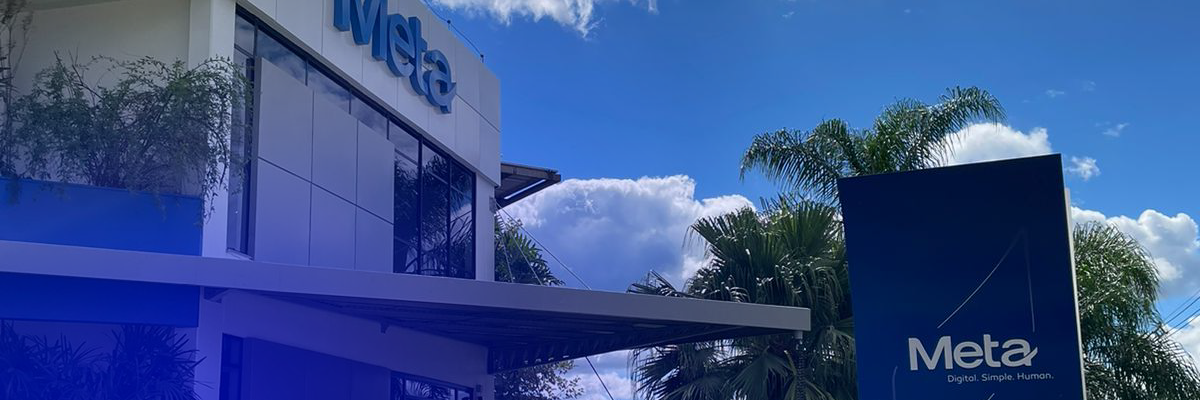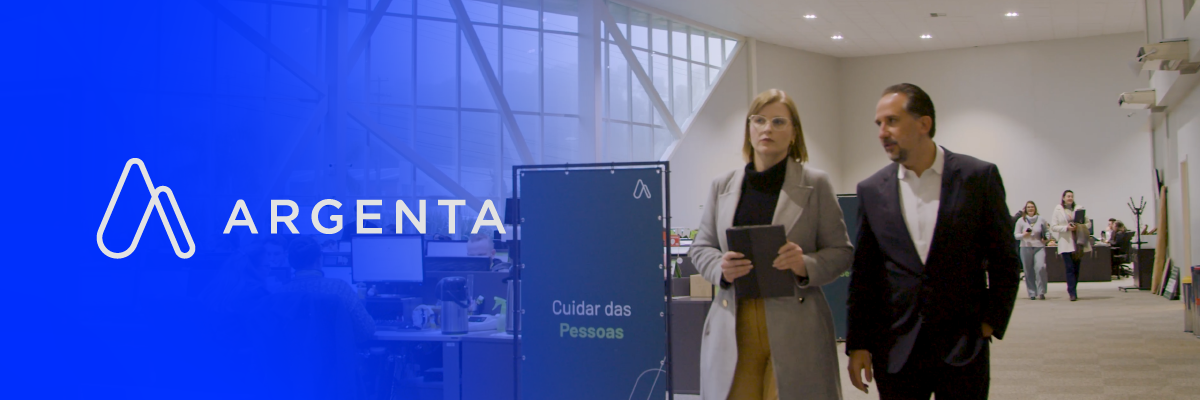How Meta’s Process Diagnosis and Mapping is Enabling the Territorial Expansion of Public Services Provided by CRT-BA
Bahia is the fourth-largest Brazilian state by population and the fifth-largest by land area. Being present in all corners of the state to oversee both the work and education of all its industrial technicians is the mission—and one of the greatest challenges—of the Regional Council of Industrial Technicians of Bahia (CRT-BA).
Founded recently in 2019, CRT-BA has already distinguished itself among the 12 regional councils across Brazil for its pioneering approach in implementing an expansion plan integrated with digital transformation. This entire process is being developed in partnership with Meta.
The organization is opening five new offices and aims to register over half a million technicians in Bahia by 2025. According to Sandro Augusto Vieira, President of CRT-BA, only digital transformation will make such an ambitious goal possible, strengthening the organization’s representation while generating more value for society.
“Once we are digitally equipped to handle more demands, we will expand our operations and create even more value for technicians—and ultimately for society. That is our mission: to protect and serve the public,” says Sandro.
A Digital Transformation Leader Among Public Agencies
CRT-BA is leading the way among regional councils in digital transformation. According to Josemiro Gomes, General Manager of CRT-BA, this expansion is only possible because process digitization will increase the council’s service capacity, making operations faster, more efficient, and more cost-effective.
“Our goal is not only to enhance regulatory oversight but also to increase our relevance by enabling greater interaction with other public agencies, expanding our impact for both our members and society,” Josemiro explains.
Meta is responsible for implementing the methodology, culture, infrastructure, and tools driving CRT-BA’s digital transformation. The partnership began in August 2022, when Meta launched a process diagnosis project focused on automation.
According to Mariana Couto, BPM (Business Process Management) and Organizational Change Management Leader at Meta, the diagnostic phase included a complete process mapping and analysis of CRT-BA’s operations.
“Our goal was to identify every possible automation opportunity, capturing a comprehensive snapshot of current activities, involved departments, and existing systems,” Mariana explains.
From Process Mapping to Digital Strategy
The dedicated project team then analyzed gaps and opportunities for improvement, creating a roadmap for digitalization.
“This process is crucial for a precise digital transformation, allowing implementation to align with each client’s needs and capabilities, ensuring optimal results within the ideal timeframe and investment,” Mariana highlights.
By introducing a proprietary methodology and the ability to deliver fully customizable solutions, Meta was selected as CRT-BA’s digital transformation partner through a non-competitive public contract.
“Meta provided us with a unique market solution, both in terms of technology and implementation, that aligned with the specific requirements of a national public agency,” Sandro details.
Meta met all public-sector demands with consistency and compliance, creating a model that is already being replicated in other public institutions across Brazil.
People-Centered Digital Transformation
One of CRT-BA’s main concerns when introducing new technologies was ensuring that digital transformation empowers people rather than replacing them.
“Meta offered not only technology solutions but also expertise in human development beyond just digital tools,” Sandro explains.
“We see technology as an ally, not a substitute, and thanks to Meta’s partnership, we are embedding this mindset into our organizational culture,” he adds.
Since the beginning, Meta and CRT-BA shared the vision that the future is now—seeking efficient tools that add value today and create a lasting legacy.
This shared goal enabled strong synergy, making processes more agile while allowing employees to work more efficiently.
“For example, the finance and regulatory departments are now more integrated than ever. We understand that all sectors must work together, and Meta’s solutions are helping us strengthen that collaboration,” Sandro explains.
Creating Value for Society
A well-structured digital transformation process naturally reduces operational costs.
“We will save time in process execution, reduce material expenses, and enhance governance, ensuring faster and more effective services for technicians,” says Sandro.
For public agencies, digital transformation is proving essential for greater agility and transparency.
“Technology will serve as a tool to enhance our processes. When public services become more efficient, when our oversight is more precise, society benefits directly,” Sandro affirms.
Process digitization will also elevate CRT-BA’s governance standards, increasing trust and engagement with its members.
“We need technicians to feel part of this journey, to trust our work and our investments. We cannot compromise that trust. Digital transformation tools enhance transparency, improving both financial accountability and performance tracking, ensuring we are on the right path,” Sandro explains.
Ultimately, the greatest beneficiaries of CRT-BA’s digital transformation in partnership with Meta are the people who rely on its services.
“That is our primary goal: delivering real value to those who need our services—everything else is just a byproduct of that success,” Sandro concludes.













